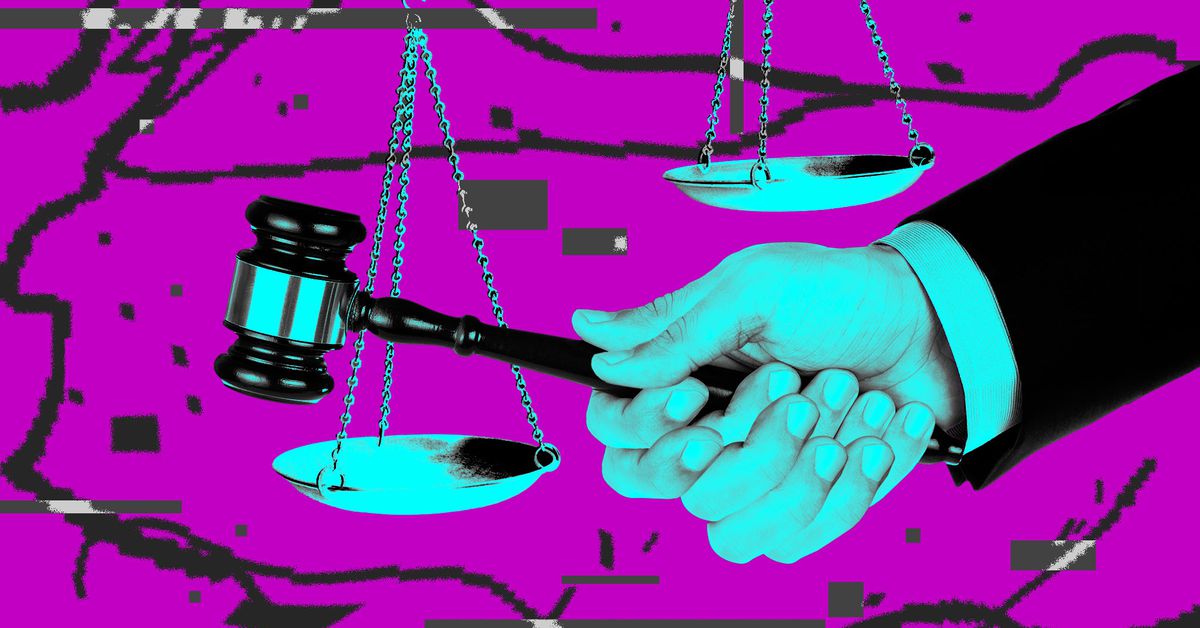A bipartisan group of senators introduced a new bill to make it easier to authenticate and detect artificial intelligence-generated content and protect journalists and artists from having their work gobbled up by AI models without their permission.
The Content Origin Protection and Integrity from Edited and Deepfaked Media Act (COPIED Act) would direct the National Institute of Standards and Technology (NIST) to create standards and guidelines that help prove the origin of content and detect synthetic content, like through watermarking. It also directs the agency to create security measures to prevent tampering and requires AI tools for creative or journalistic content to let users attach information about their origin and prohibit that information from being removed. Under the bill, such content also could not be used to train AI models.
Content owners, including broadcasters, artists, and newspapers, could sue companies they believe used their materials without permission or tampered with authentication markers. State attorneys general and the Federal Trade Commission could also enforce the bill, which its backers say prohibits anyone from “removing, disabling, or tampering with content provenance information” outside of an exception for some security research purposes.
(A copy of the bill is in he article, here is the important part imo:
Prohibits the use of “covered content” (digital representations of copyrighted works) with content provenance to either train an AI- /algorithm-based system or create synthetic content without the express, informed consent and adherence to the terms of use of such content, including compensation)



I have ever right to remove a watermark from any image on my computer.
Not true however if you actually own the image then it’s unlikely to have a watermark
Why not? I can tear out the copyright section of book I own, how is removing a watermark different?
Reproduction is the primary complaint, but if I don’t distribute it that’s invalid.
Is the photo of the image on my device? If so I own it. If you take a photo of it you own that photo as well.
I’m sure that’s how it works in your ideal world or imaginationland. But you do realise there’s like no legal basis for this in the real world, right? Just because you downloaded an Iron man torrent, does not mean you own part of the MCU.
Try and stop me
You should change your name to afraid_of_reality. Have fun in your dream world, I’m out.
Pay me five bucks, I’m out is under my copyright
Let me get this straight - if a vengeful ex or someone else gets a hand on naked pictures of you, they can do whatever they want to them? You wouldn’t want any limits on their ability to alter them and spread them?
Nope, that would be sexual harassment if they spread them if it was truly awful they could also be hit for liable as well. However, if they kept it on their device and never showed anyone they can do what they want.
There is a difference between owning a hammer and hitting someone with a hammer.